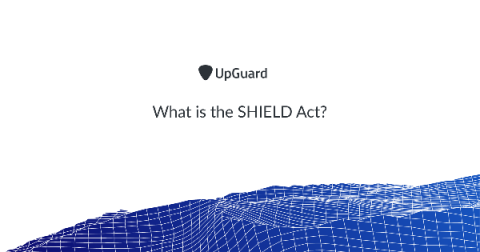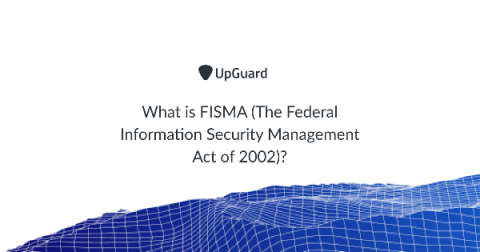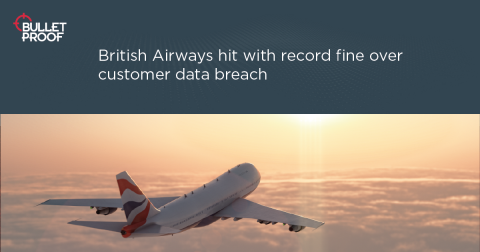Who Are the Digital Service Providers (DSP) under the NIS Directive?
In a previous article, we discussed what the NIS Directive is. The European Union developed the Directive in response to the emerging cyber threats to critical infrastructure and the impact cyber-attacks have on society and the European digital market. The NIS Directive sets three primary objectives: The “actors of particular importance” are the operators providing essential services (OES) and digital service providers (DSP) in the EU.






